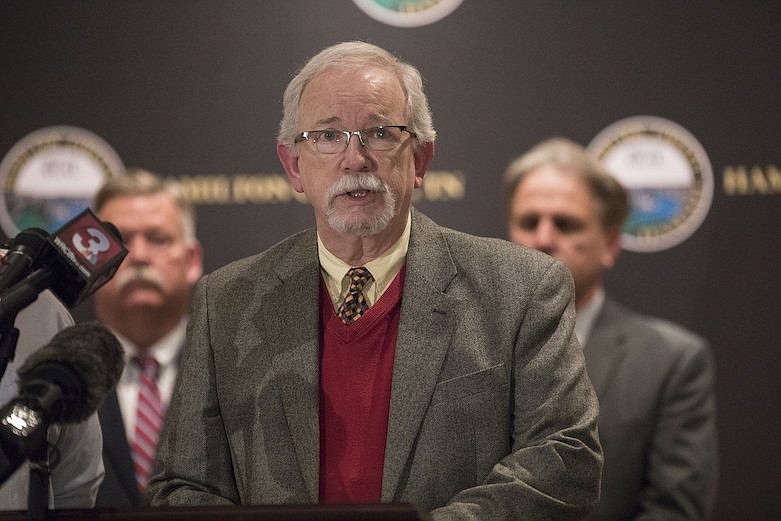Q: I have COVID-19 and was told to self-isolate. What does that involve?
A: You need to stay in your home to recover and to prevent infecting others, leaving only to see a physician if you need medical care. The good news about COVID-19 is that, like most people, your illness is not severe enough to require hospitalization. However, you should familiarize yourself with the emergency warning signs of severe illness out of caution. These include:
* Trouble breathing.
* Persistent pain or pressure in your chest.
* Change in your mental status, such as confusion or inability to arouse.
* Bluish color to lips or face.
* Any other worsening or new and severe symptoms.
To minimize the risk of spreading the virus to others during self-isolation, take these essential precautionary measures whenever possible:
* Designate a bedroom and bathroom to be used only by you, and avoid contact with others within the home if at all possible.
* Monitor your symptoms. If they worsen, call before visiting your doctor so they can prepare for your arrival, and avoid using public transportation.
* Don't allow visitors into the home.
* If available, both you and those who directly interact with you should wear face masks.
* When you cough, cover your mouth and nose with a tissue, dispose of the tissue and wash your hands.
* Wash your hands frequently throughout the day for 20 seconds at a time with soap and water. Hand sanitizer of at least 60% alcohol can be substituted.
* Avoid touching your nose, mouth and hands with unwashed hands.
* Frequently clean the surfaces you touch: doorknobs, light switches, phones, bathroom fixtures, TV remotes, etc. Use household disinfectants or sanitizing wipes for best results.
* Your household contacts will probably need to be quarantined, even if they have no symptoms, to avoid possibly spreading the virus and should follow the same general guidelines
For most people who get ill, recovery from COVID-19 will take about a week, although a cough can last for several weeks even after you have recovered. Following these steps helps to ensure you don't spread it to others.
In the next Ask A Doctor column, I'll discuss when it's safe to end self-isolation after illness. For answers to additional questions, call the Chattanooga-Hamilton County Health Department COVID-19 Hotline at 423-209-8383.
- Dr. Paul Hendricks, health officer, Chattanooga-Hamilton County Health Department
